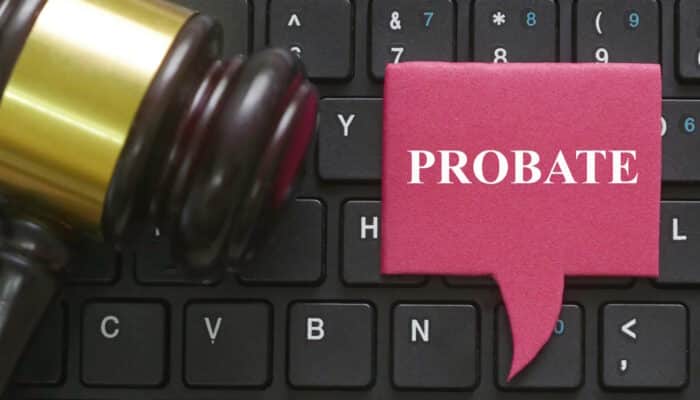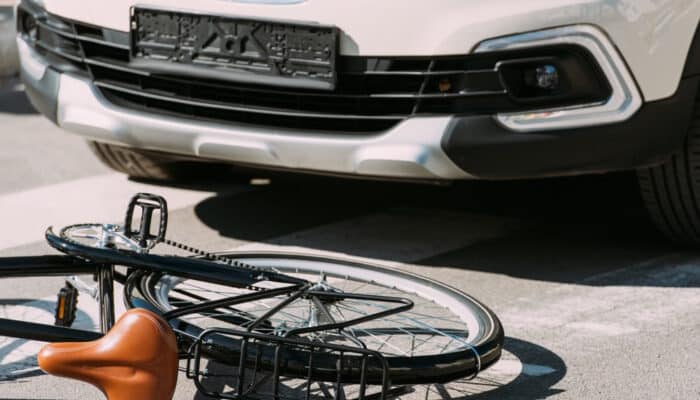The Probate process in Florida is generally the legal transfer of ownership of assets from a deceased party to surviving heirs or beneficiaries as well as the payment taxes, creditors, if any, and expenses. A more legal description may be the legal process of distributing or administrating a deceased person’s estate to their beneficiaries, heirs, and their creditors. The deceased person’s wishes are carried out using valid or properly prepared estate planning documents such as Last Wills & Testaments and Trusts. However, if a deceased person did not have a Last Will or other estate planning documents, their estate will be distributed according to state law (intestacy or next of kin) and what the probate judge determines.
There are two types of probate in Florida. There are Formal and Summary Administrations. The basics of what is required and the differences between the two are generally as follows.
Formal Administration
- A Formal Administration can be used for any kind of estate or if a Personal Representative is necessary for whatever reasons.
- It takes longer to go through a Formal Administration; it will typically cost one more, and it is a more involved process.
- One key aspect of a Formal Administrations is that it involves the appointment of a Personal Representative. This representative will be in charge of the subject probate estate securing information about the assets and debts of the decedent. The term Personal Representative is used instead of Administrator or Executor for the probate proceeding in Florida.
- Typically, one would want to choose this type if they expect that there will be a need to go to court over the decedent’s estate, or if the decedent has a number of known creditors or needs to execute forms, pursue a lawsuit, continue operating a business, etc.
Summary Administration
- An estate is eligible for Summary Administration if the total value of the decedent’s assets that are subject to probate is $75,000 or less, or if they have been dead for more than two (2) years from the date of filing.
- The mere fact that the estate is eligible for this simpler process does not necessarily mean it is the best choice. Summary administration limits what one can do with the estate.
- This summary process may go faster than Formal Administration.
- No Personal Representative is appointed. This aspect makes it substantially more difficult to get through the probate process since there is not one person who is in charge of getting the decedent’s assets and debts together. The assets are directly distributed to the heirs and debtors.
Whether one selects Formal or Summary Administration, there are many legal nuances and pitfalls which could potentially complicate the probate process and the advice and guidance of an experienced Probate and Estate Planning Attorney may prove invaluable.
The foregoing is just a general overview of the subject of the Probate process in Florida.
If you have any additional Questions regarding the foregoing or have any legal issue or concern, please contact the law firm of CASERTA & SPIRITI in Miami Lakes, Florida.





